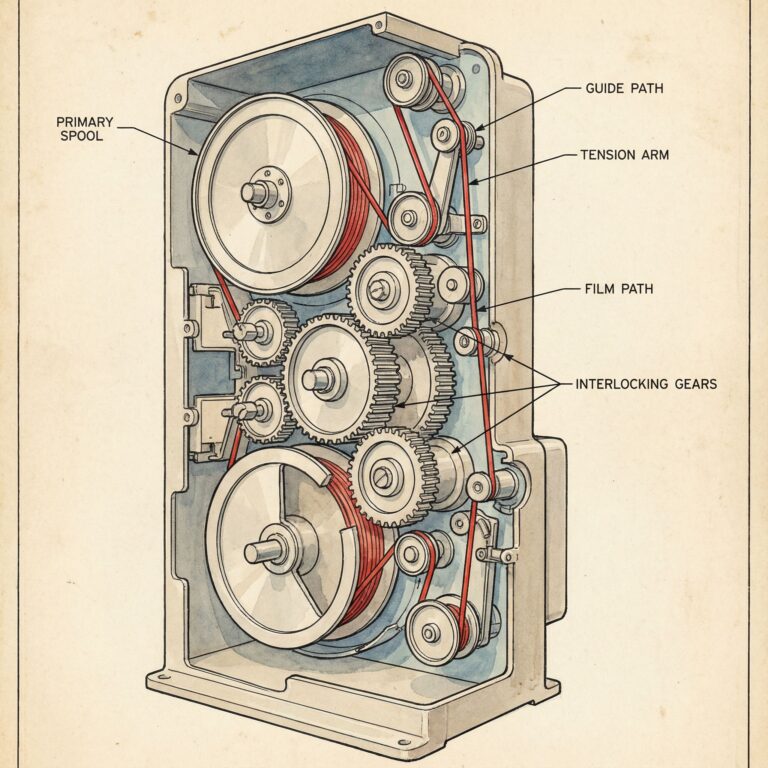Winning At Poker: Key Steps to Win
Learn These Five Main Parts
Place and Power
Being in the right spot is key in a good poker game plan. Playing last lets players control the pot size and choose better based on what others do. Top players use this spot to change how they bet and get more info.
Math Base
Poker math turns fun players into true winners. Pot odds, implied odds, and value guesses guide smart moves at the table. Good https://maxpixels.net/ players get these ideas to choose wisely each time.
Seeing Body Signs
To read players well, watch how they bet, the time they take, and their body cues. The best players spot common body signs and use that info to make top moves. Look for real signs in big games but watch out for tricks.
Managing Money Well
Good money rules keep players safe from ups and downs, helping them win in the long run. Pro players keep firm buy-in rules, set clear loss limits, and adjust bets to their money. This stops rushed choices when they lose.
Smart Betting Moves
Smart bet plans need looking at game boards, player ways, and pot sizes. Great players build smart bet ranges and use rival weak spots with right bet sizes. Track and look into how rivals bet to spot chances for better moves.
Knowing How to Play Your Spot
Playing Your Spot Well in Poker: Top Plan Guide
Basics of the Spot
Playing your spot is a big part of a winning poker plan, giving you more info each round.
Last spot players see big pluses by watching others before they decide, letting them guess hands well and manage the pot.
Getting Better with Spot
Perks of Last Spot
Last spot gives a lot of info, letting for:
- Right guess of hand power
- Smart pot size changes
- Good choice chances
- Better bluff shots
First Spot Needs
First spot play needs:
- Choosing good starting hands
- Safe bet ways
- Smart pre-flop raises
Middle Spot Moves
Middle spot play needs:
- Good hand picks
- Slow range growth
- Smart changes based on the table
- Right time for strong moves
Best Use of Button Spot
The button spot is the best seat, giving:
- Strong hand pick
- Many times to steal blinds
- Top bet round control
- Big pressure in one-on-one pots
Top Spot Moves
Winning with good spot use needs:
- Smart hand needs
- Right post-flop strong moves
- Knowing the table spot
- Good changes
Mastering spots means a long win plan through top info use and smart moves.
Key Poker Math Ideas
Needed Poker Math for Winners
Base Math Ideas
Each win plan in poker is built on math that guides the best choices.
Knowing poker math is key to play well and win more at the tables.
Needed Math Ideas
Pot Odds and Choices
Pot odds guessing is basic for winning picks. To find pot odds, divide your call cost by what the total pot will be after your call. When these odds are less than how likely you are to win, you have a good math call.
Implied Odds and Future Worth
Smart poker players use implied odds by adding likely future bets into their plans. This idea checks extra chips you’ll get when you get your hand, going beyond simple pot odds for deeper plan making.
Expected Value (EV) Guesses
EV guesses are the base of long poker wins. Guess EV by multiplying win chance by possible wins, then subtracting the loss chance multiplied by possible losses. Good EV choices build long profits.
Chance and Hand Guesses
Knowing poker chance is key for right choices.
With 52 cards in play, being able to guess hand odds is important. For example, having eight outs after the flop gives about a 32% chance to make your hand by the river.
Bringing Math into Play
Turn gut plays into well-thought poker moves by using these math ideas always. Top poker players mix a strong grasp of chance with smart thinking to stay ahead of others.
Top Math Uses
Use these math ideas in every game to make a winning poker plan. Focus on pot odds, implied odds, and EV guesses to make smart picks that up your win in all game kinds.
Common Poker Player Signs
Common Signs of Poker Players: Full Guide
Body and Action Signs
Body signs in live poker games give key hints about hand strength.
Players show info without meaning to through body moves and action ways.
Key hints include:
- Shaky hands
- Changed breathing
- Voice tone shifts
- Ways they sit
- Small face moves
Time and Actions
Time signs are some of the best poker hints.
Players who pick fast often have very good or very bad hands.
Slow picks often mean a so-so hand that needs tough choices.
How They Handle Chips
- Nervous stacking means not sure
- Smooth chip moves show they are sure
- Odd chip moves show worry
- Neat stacks often mean ready for a big move
Top Tell Checks
Not matching usual ways often shows trick play.
Look for:
- Fast changes from moving a lot to not moving
- Odd talk changes
- How they look around
- Stares at chips (strong hands)
- Not looking at others (weak hands)
- Too much looking around (not sure)
Fake Tells and Fighting Them
Smart players may show false signs – showing wrong moves to hide hand power.
Know how they usually act before making big choices based on what you see.
Money Plan Tips
Top Money Plans in Poker: Key Steps to Win
Getting Money Needs Right
Smart money care is the base of long poker wins.
Pro players keep strong rules for money safety, needing at least 20 buy-ins for cash games and 50 buy-ins for contests. These rules help against ups and downs.
Risk Rules
The main rule of keeping money safe is never risking more than 5% of all your money in one game.
For example, for $1/$2 cash games, you need at least $4,000. If losses hit 20% of your starting money, cut your stakes to protect what’s left.
Money growth of 50% over what you need means ready for bigger games.
Top Money Tracking
Close check of each game through lists or poker software shows key play ways.
This smart look helps find weak spots and pick the right stakes. Good players keep poker money apart from personal cash and always put some winnings back into building money.
Plans for Long Wins
Smart money plans let players get through bad times while focusing on getting better. This careful way to poker money makes a stable base for ongoing skill growth and steady wins in both cash games and contests.
Knowing Your Rivals
How to Read Your Poker Rivals: Full Guide
Being Good at Checking Rivals
Winning in poker much depends on how well you can see through rival moves and bet ways.
Sharp watching lets you get key info through body signs, time patterns, and bet styles over many rounds.
Time Signs
Fast moves and bet speeds give useful info during play.
Quick bets often show hand power, while slow choices often show unsure or weak hands.
Watch how foes change their speed with different board looks and times.
Looking at Bet Styles
How they bet teaches a lot about how they think. Track how players change their bet sizes in different cases:
- Big bets versus small bets
- Bets based on their spot
- Pre-flop raising ways
- Bets after the flop
Body Signs in Live Games
Live poker signs are key for guessing hands:
- Changes in neck pulse
- Hand shakes when moving chips
- How they breathe
- How they stack chips
- How they sit
- Eye moves during big choices
Building Full Rival Pictures
Mix many action hints to make right pictures of players.
Look for changes in usual ways that mean big plan moves.
Note that smart foes may use fake signs, so always check usual ways for trusty reads.
Top Bet Moves
Top Bet Moves in Poker
Smart Bet Sizes
Betting based on rivals needs knowing many parts of the game. Use smart plans by using what you have seen in foe checks.
Change your bet sizes based on three main things: foe pictures, how much they have to bet, and how the table acts.
With shy players, win more with slim value bets, while facing bold foes needs more trap moves and smart returns.
How to Bet Based on Your Spot
Being in a good spot helps a lot in smart betting. From last spot, use smaller bet sizes to keep the pot just right while getting the most value. Writing Coarse Freedoms Into Table-Writing Epics
First spot play often needs bigger bets to keep strong hands safe and keep others from drawing.
Use mixed bet plans – switch between 1/3 pot and 3/4 pot sizes with the same hands – to keep them guessing.
Time and Doing It
Bet styles and time signs matter a lot in top-level play. Keep a steady bet rhythm no matter the hand, and know when to use quick or slow moves.
When making bluff moves, match bet sizes to your value bet ways in like cases.
Keep changing your plan based on how much they can bet versus the pot and spot times when you can push foes with how much they have to bet.



